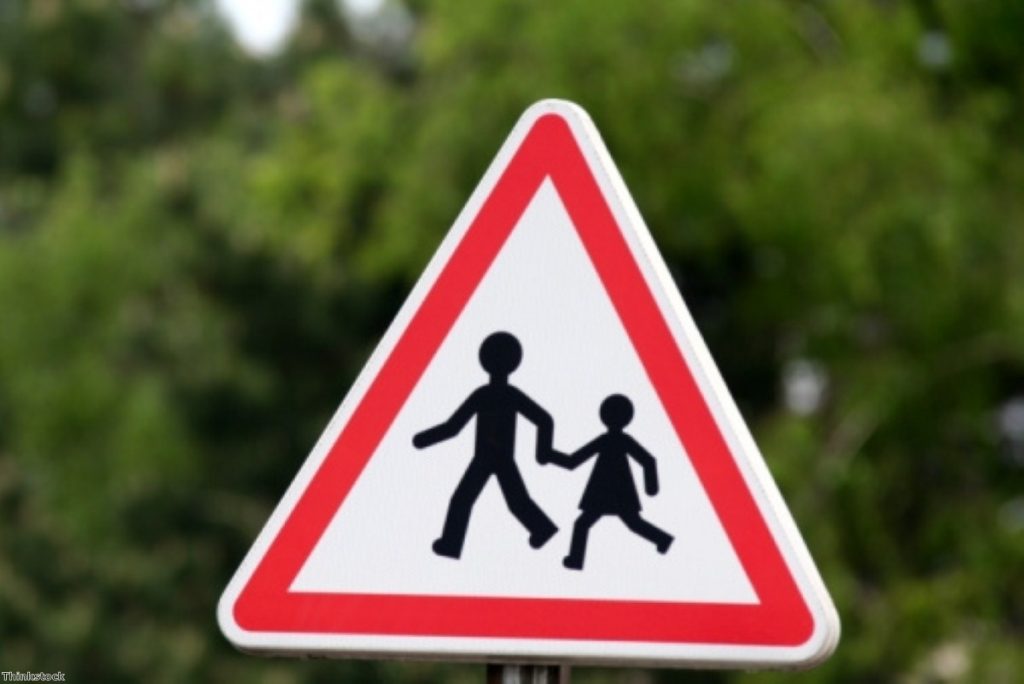Profiting from vulnerability: ‘Conflicted’ private firms take over children’s care
Private companies will begin profiting from the social care system for vulnerable children from today.
November 12th sees regulations come into effect which allow the outsourcing of the provision of services for children in care to the private sector.
There has been limited scrutiny of the reforms, which the government had initially unsuccessfully attempted to push through via a legislative reform order.
"The regulations allow for a clear conflict of interest to arise, because the same private company will be allowed to place a child into care and run that placement," shadow minister Lisa Nandy told MPs in the Commons last Thursday.


"This is, frankly, a disaster waiting to happen."
The change comes as part of a broader drive from the education secretary to extend the competition-led approach which has driven the rollout of free schools and academies to the care sector.
Michael Gove used a speech at the National Society for the Prevention of Cruelty to Children to declare wish to bring "innovation" to children's care.
"From today, all local authorities have the freedom to delegate their functions for children in care and care leavers to third parties – a first step towards freeing up innovative and ambitious local authorities to deliver greater diversity and excellence of provision," he said.
"Over the coming months, we will examine the case for extending these freedoms to more areas of children’s social care services.
"Already innovative local authorities – such as Staffordshire and Richmond and Kingston upon Thames – are developing plans to reshape their children’s services in this way, to bring a fresh impetus to reform in a sector which has, for too long, been closed to voluntary sector and other providers."
The high stakes involved for the children affected was underlined yesterday by a report from Welsh charity Tros Gynnal Plant, which warned children moved from area to area face a higher risk of sexual exploitation.
Paedophile gangs have targeted children in care in places like Rochdale, Oxford and Derby.
But concerns remain that the care system is not functioning effectively, with a report at the weekend highlighting the rapid turnover of those in charge of care at a local government level.
One in three directors of children's services have left their job in the last year, the Independent on Sunday newspaper reported.
Care services are also being affected by a £2.7 billion budget reduction.
A Department for Education spokesperson said: “We are giving councils the freedom to bring in outside expertise for providing some care services, if they wish to. Some councils have already successfully piloted this approach and our reforms will allow them and others to continue to do so.
“It is wrong to suggest that these reforms have been rushed through– this legislation was put on the books back in 2008 (Children and Young Persons Act 2008) by the previous government.”
Gove told his audience that school funding for those in the care system had been increased thanks to the pupil premium.
His emotive speech saw him confront the worst cases of child abuse head on, as he criticised social workers for falling prey to the "optimism bias" of hoping parents would take their advice.
He added: "Behind that little phrase – the rule of optimism – lie untold hours of suffering: Daniel Pelka on his dirty mattress in his dark, locked room, hungry and alone; the four-year-old Hamzah Khan shrinking from maternal neglect to the size of a 12-month-old baby, in a house unfit for habitation, his corpse mummifying in his mother's alcoholic swamp of a bedroom.
"Children scrabbling for scraps of food, not turning up at school, or turning up bewildered and bruised, too afraid to speak out, if anybody bothers to speak to them at all.
"That is what the 'rule of optimism' means – closing our eyes to all this. And as long as we continue to close our eyes and look away, collectively, we in government and the public too, then we too fail to stand behind that child.









